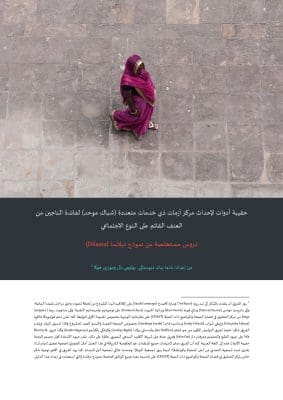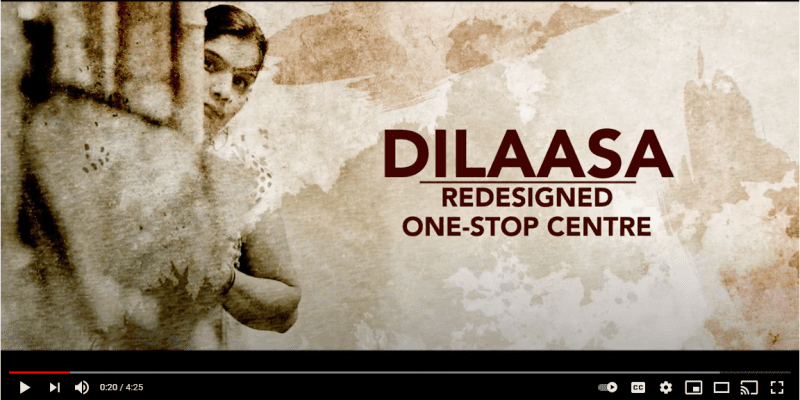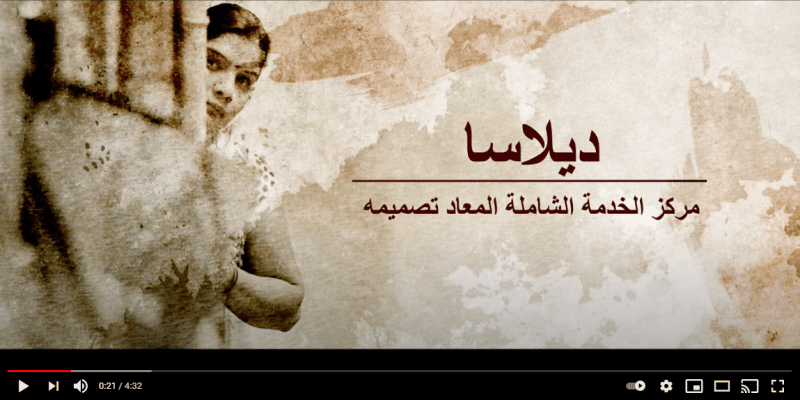
Promoting Best Practices in the State Response to Gender-Based Violence in Morocco
July 2018 - December 2020
US Department of State, Bureau of Democracy, Human Rights, and Labor
Morocco
Mobilising for Rights Associates (MRA), Networks for Change
Sarah Gammage
In Morocco, gender-based violence (GBV) remains pervasive, affecting all segments of the population irrespective of their age, ethnicity, education level or economic status. While the Government of Morocco is committed to addressing GBV, the country’s policy environment is far from optimal to support positive, effective change. After five years of review and debate, the 18-article Draft Law 103-13 on Violence Against Women in Morocco was finally passed by the House of Representatives on February 14, 2018. While this is a promising start, the law fails to address critical elements of an appropriate response, such as the reporting, investigation and prosecution of GBV cases. Given the deficiencies in the law, and the challenge of bringing about change at the national level, it is critical that change be catalyzed at the grassroots level.
Key Resources
What did we set out to do?
The International Center for Research on Women (ICRW), Mobilising for Rights Associates (MRA) and Networks for Change (Networks) executed a multi-pronged strategy to build on legislative and policy changes to establish effective GBV response mechanisms. We drew from our knowledge of the local context and complementary areas of expertise in gender, participatory research, capacity building and awareness raising and norm change communication to facilitate collaborative and coordinated action by government stakeholders and grassroots-level NGOs. Working with these local NGOs also helped ensure that GBV survivors are aware of their rights and the protections and services available to them, and can access these without fear of stigma or retribution. The awareness raising activities were anchored in building the capacity of NGOs to work in tandem with media professionals to create coordinated and high-impact advocacy campaigns to reaching ever-growing numbers of the population.
![]()
What Methods did we use?
This project consisted of a series of training workshops to engage the key stakeholders listed above. The workshops were complemented with remote technical assistance (TA) by project partners ICRW, MRA and Networks. The project progress and outcomes were documented through a mixed-methods M&E framework that collected data from the stakeholders trained during the workshops.




